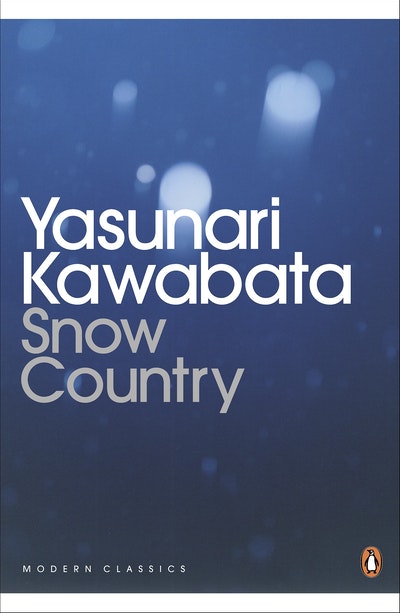[]
- Published: 7 March 2011
- ISBN: 9780141192598
- Imprint: Penguin Classics
- Format: Paperback
- Pages: 128
- RRP: $24.99
Snow Country
Formats & editions
Buy from…
- Published: 7 March 2011
- ISBN: 9780141192598
- Imprint: Penguin Classics
- Format: Paperback
- Pages: 128
- RRP: $24.99
Beautifully economical . . . The haiku works entirely by implication; so, in this novel, using the same delicate, glancing technique, Mr. Kawabata probes a complicated human relationship
The Times Literary Supplement
Kawabata's novels are among the most affecting and original works of our time
The New York Times Book Review




